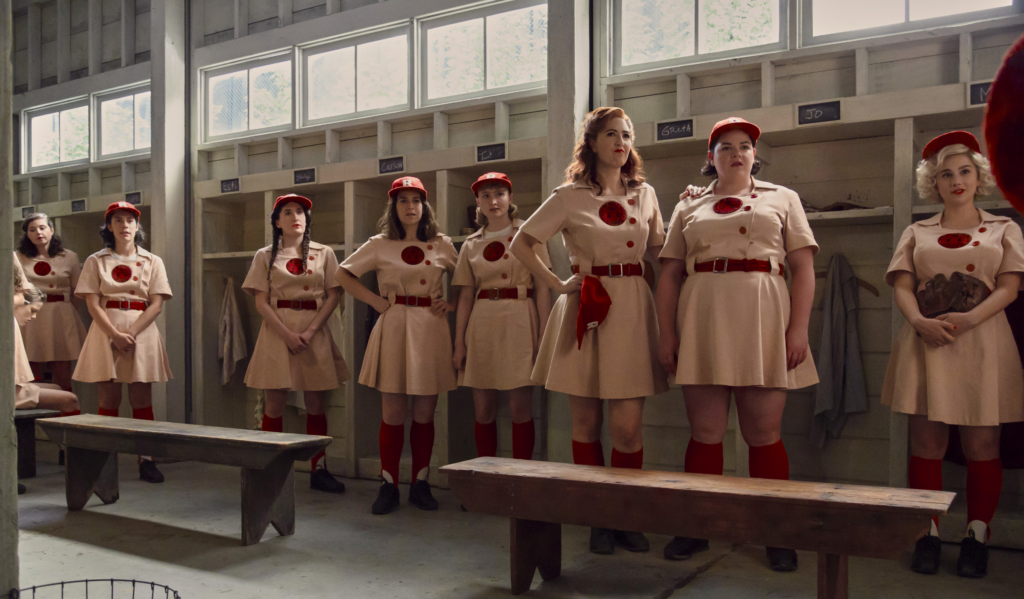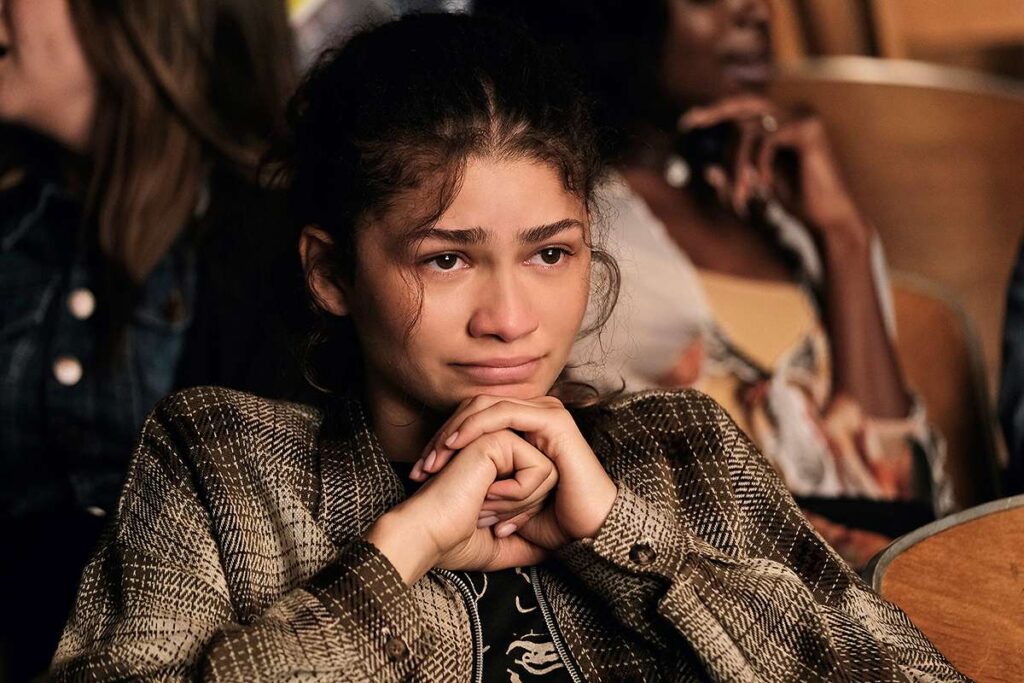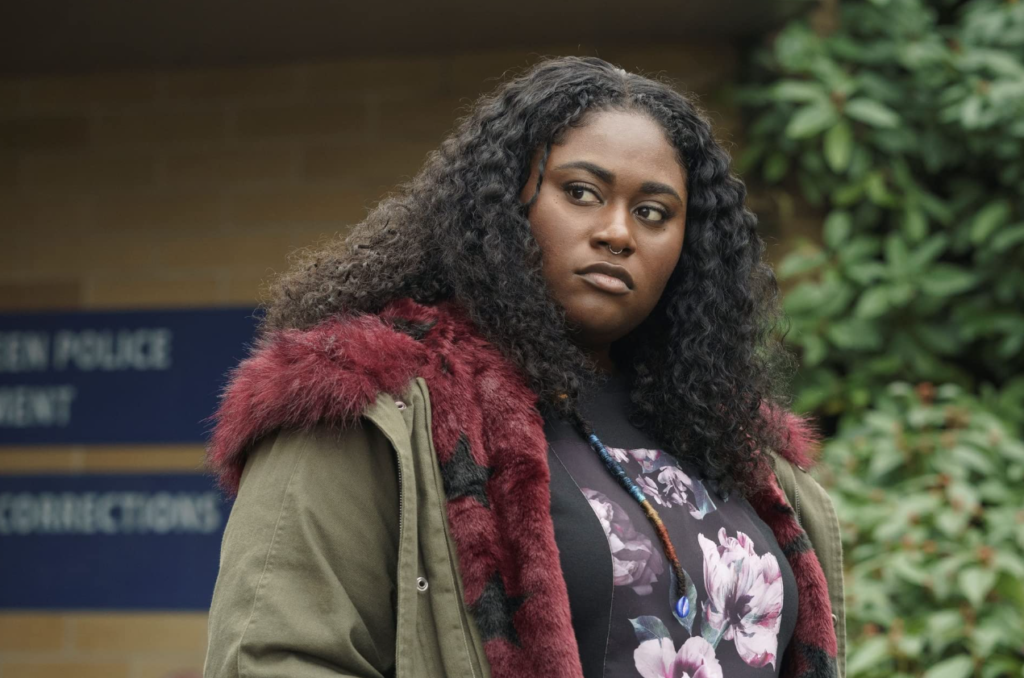The British Academy of Film & Television Arts (BAFTA) is committing to “long-term substantial cultural and organizational change” in the wake of publishing its “in-depth, independently verified seven-month Awards Review.” A press release announced over 120 changes introduced to “urgently address a lack of diversity in the BAFTA Awards,” including an overhaul in the acting, directing, and Outstanding British Film categories for its Film Awards.
Launched as a “direct response to the lack of diversity in the 2020 Film Awards nominations,” the Review soon “expanded to encompass all aspects of BAFTA and its awards.” BAFTA emphasizes that the changes, which have been unanimously approved by its Board, “signal the beginning of a significant cultural shift in BAFTA as it also challenges the industry to address the serious lack of opportunity and equality.”
People of color were completely shut out of the four major acting categories at this year’s BAFTA Awards, inspiring a #BAFTAsSoWhite hashtag to trend on social media. Zero women-directed titles were up for Best Film, and for the seventh year in a row, no women were recognized in the directing category.
BAFTA’s newly introduced changes include “an unprecedented expansion to further diversify BAFTA’s membership and meaningfully target 1,000 new members from under-represented groups,” and “a new longlisting Round of voting in all categories to achieve greater diversity in nominations” for the British Academy Film Awards 2021. “It is now compulsory for all voters, chapters and juries to watch all longlisted films before Round 2 voting, to level the playing field across all titles,” the press release details.
Major rule changes and an increase in nominations in the acting and directing categories will “address a continuing lack of diversity in the performance categories and a historic lack of female representation in the directing category.” Round 1 of voting will see the director chapter voting for up to top 20 contenders ranked. The top eight female directors and top eight male directors will be longlisted, and the longlisting jury will select the final two female and final two male directors based on the next placed 10 films by each.
All voters will be require to participate in “conscious voter training,” which is designed to “help voters navigate and recognize the wider societal influences that can impact the voting process” — such as racism and sexism.
“This is a watershed moment for BAFTA,” said BAFTA Chair Krishnendu Majumdar. “The Academy has never opened itself up like this before. The sessions with contributors were tough, chastening, captivating, and very moving. Many colleagues from under-represented groups bravely shared their experiences of racism and discrimination in their careers. They also shared their ideas and hopes for BAFTA’s future, which we have embraced. There is a real wish and support for BAFTA to continue to be an industry leader on diversity and other issues. Representation matters,” he emphasized, “and we’ve all been starkly reminded of this with the rise of the global anti-racist movement. This creative renewal is not just about changes to the awards and membership – this is a reappraisal of our values and the culture of BAFTA. We want long term and sustainable change throughout the industry. We know how far we have to go and how difficult this is especially due to the profound impact that the COVID-19 pandemic has had on our industry. Today’s announcement marks just the first phase of our process as we evolve as an Academy.”
Majumdar, Film Committee Chair Marc Samuelson, and a specially formed Steering Group “convened from all sectors of BAFTA as well as independent specialists drawn from the creative industries, other industries and diversity and inclusion experts” led the Review. The Steering Group spoke with over 400 people, including BAFTA members, senior industry figures, guilds, industry bodies, currently under-represented groups, press, and “a significant number of prominent figures within all aspects of the filmmaking community in the UK, US, and internationally.”
Looking onward, BAFTA acknowledges that “several areas that require further examination/exploration include genderized performance categories and supporting D/deaf and disabled practitioners in order to find long-term and meaningful solutions to these important issues.” The British Academy is also set to announce “significant changes” to its Television Awards next month.
Head over to BAFTA’s website to check out the complete Review and a summary of the changes it will be implementing.







